Humans
Sign up for our newsletter
We summarize the week's scientific breakthroughs every Thursday.
-
 Humans
HumansWhere you grew up may shape your navigational skills
People raised in cities with simple, gridlike layouts were worse at navigating in a video game designed for studying the brain.
-
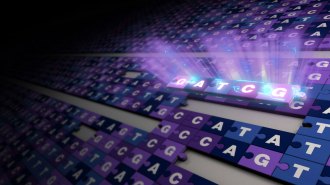 Genetics
GeneticsWe finally have a fully complete human genome
Finding the missing 8 percent of the human genome gives researchers a more powerful tool to better understand human health, disease and evolution.
-
 Anthropology
AnthropologyNorth America’s oldest skull surgery dates to at least 3,000 years ago
Bone regrowth suggests the man, who lived in what’s now Alabama, survived a procedure to treat brain swelling by scraping a hole out of his forehead.
By Bruce Bower -
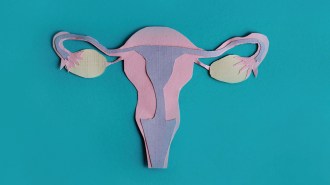 Health & Medicine
Health & Medicine‘Vagina Obscura’ shows how little is known about female biology
The new book ‘Vagina Obscura’ chronicles how scientists are finally giving female health and anatomy proper attention.
-
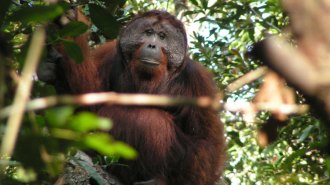 Anthropology
AnthropologySocial mingling shapes how orangutans issue warning calls
The new findings hint at how modern language may have taken root in sparse communities of ancient apes and humans.
By Bruce Bower -
 Health & Medicine
Health & MedicineHow I’ll decide when it’s time to ditch my mask
New COVID-19 masking guidelines are designed for communities not individuals, making a decision about safety difficult.
-
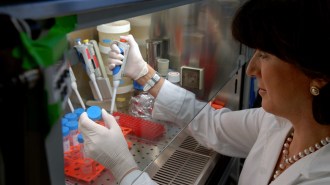 Genetics
GeneticsHow gene therapy overcame high-profile failures
A dark period for gene therapy didn’t derail scientists determined to help patients.
-
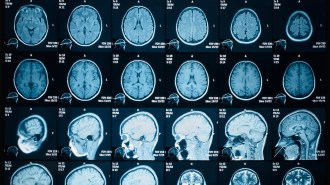 Health & Medicine
Health & MedicineWhat do we mean by ‘COVID-19 changes your brain’?
The events of our lives are reflected in the size, shape and behavior of our constantly changing brains. The effects of COVID-19 changes aren’t clear.
-
 Archaeology
ArchaeologyAncient seafarers built the Mediterranean’s largest known sacred pool
The Olympic-sized pool, once thought to be an artificial inner harbor, helped Phoenicians track the stars and their gods, excavations reveal.
By Bruce Bower -
 Health & Medicine
Health & MedicineA gene therapy for hemophilia boosts levels of a crucial clotting protein
A one-time, gene-based treatment for hemophilia increased the amount of a necessary blood clotting protein in men with a severe form of the disease.
-
 Health & Medicine
Health & MedicineSchool mask mandates in the U.S. reduced coronavirus transmission
Mandatory masking lowered transmission rates to nearly one-fourth those of schools where masks were optional, data from over 1 million children show.
By Anna Gibbs -
 Health & Medicine
Health & Medicine50 years ago, oxygen was touted as a potential memory loss treatment
In 1972, researchers were studying whether hyperbaric chambers could help reverse senility. Today, science is still piecing together clues.